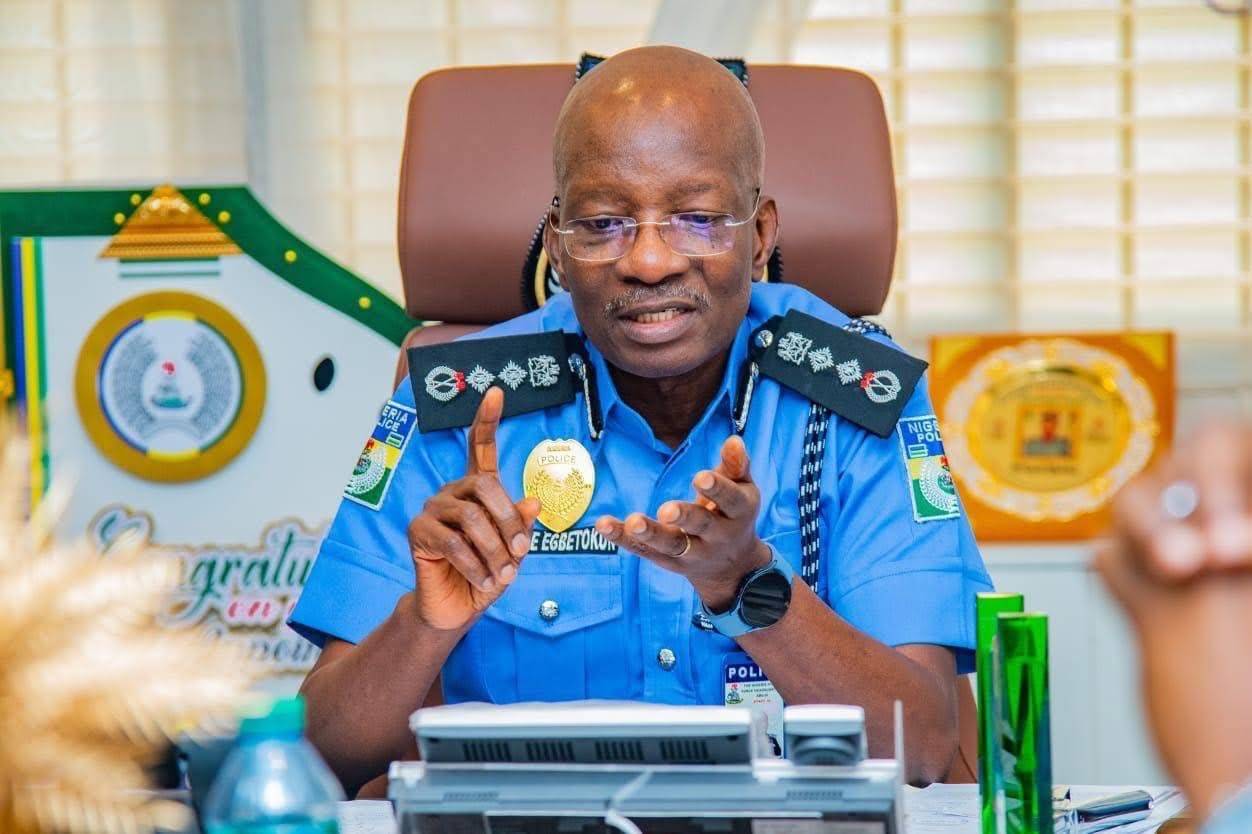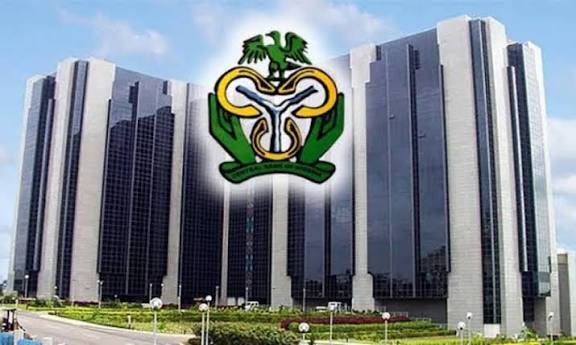The United States Embassy in Nigeria and the European Union Election Observation Mission in Nigeria have expressed displeasure over the spate of violence, voter intimidation and suppression that characterised the Saturday March 18 Governorship and State Houses of Assembly elections in some states across the country.
The EU Observation Mission on Monday faulted the Independent National Electoral Commission INEC for failing in its duties to conduct free,fair and transparent elections, as Nigerians had expected.
The Chief Observer, EU Election Observation Mission, Barry Andrews, in his preliminary statement of the EU EOM on the governorship and state Houses of Assembly elections said Nigerians hungered for democracy and were ready to be involved in the country’s democracy.
However, he noted the appetite was lost due to failures by the political elite and INEC. Andrews said: “Throughout the mission, we saw that Nigerians have a great appetite for democracy and are keen to engage in various civic activities. However, in many parts of the country, their expectations were not met. Many were disappointed and we witnessed voter apathy that is in part, a clear consequence of failures by political elites and, unfortunately, also by INEC.
“Public confidence and trust in INEC were severely damaged on 25 February due to lack of transparency and operational failures in the conduct of the federal level polls.
“Up until the postponement, INEC continued to abstain from providing information, limiting its communication to a few press releases and ceremonial statements and hence failing to address public grievances and rebuild confidence in the electoral process.
“From 11 March onwards, despite compressed timeframes, INEC introduced various corrective measures to render a timely delivery of electoral materials, efficient use of election technologies, and ensure prompt publication of result forms, some of which were effective.
“Positively, INEC introduced some corrective measures ahead of Saturday’s polls, allowing a timely delivery of sensitive materials and improved use of election technologies, yet the institution continued to lack transparency.”
Andrews observed that the March 18 elections did not face the same problems with the use of the Bimodal Voter Accreditation System as on 25 February. Result forms for the governorship polls were uploaded and displayed for public scrutiny. Whereas at the time of the declaration of presidential results, only one-quarter of result forms were visible; by midday on March 19, governorship result forms available online ranged from 62 to 97 per cent depending on the state.
Also the United States Embassy in Nigeria in a statement expressed deep concerns by the disturbing acts of violent voter intimidation and suppression that took place during those polls in Lagos, Kano, and other states.
The statement reads: “Members of the U.S. diplomatic mission observed the elections in Lagos and elsewhere and witnessed some of these incidents first-hand. The use of ethnically charged rhetoric before, during, and after the gubernatorial election in Lagos was particularly concerning.
“We commend all Nigerian political actors, religious and community leaders, youth, and citizens who have chosen to reject and speak out against such violence and inflammatory language, affirming Nigerians’ commitment to and respect for the democratic process.
“We call on Nigerian authorities to hold accountable and bring to justice any individuals found to have ordered or carried out efforts to intimidate voters and suppress voting during the election process. The United States likewise will consider all available actions, including additional visa restrictions, on individuals believed to be responsible for, or complicit in, undermining the democratic process in Nigeria”.
“Following the February 25 national elections, the United States joined other international observers in urging the Independent National Electoral Commission (INEC) to improve voting processes and technical elements that experienced flaws in that voting round. The March 18 elections appear to have had significant operational improvements, as polling stations generally opened on time and most results were visible on an electronic viewing platform in a timely manner.
“The United States renews its call for any challenges to election results to go through established legal processes, which must not be interfered with. We further call for Nigeria’s people to work together as they participate in and continue to strengthen the country’s vibrant democracy”, it added













